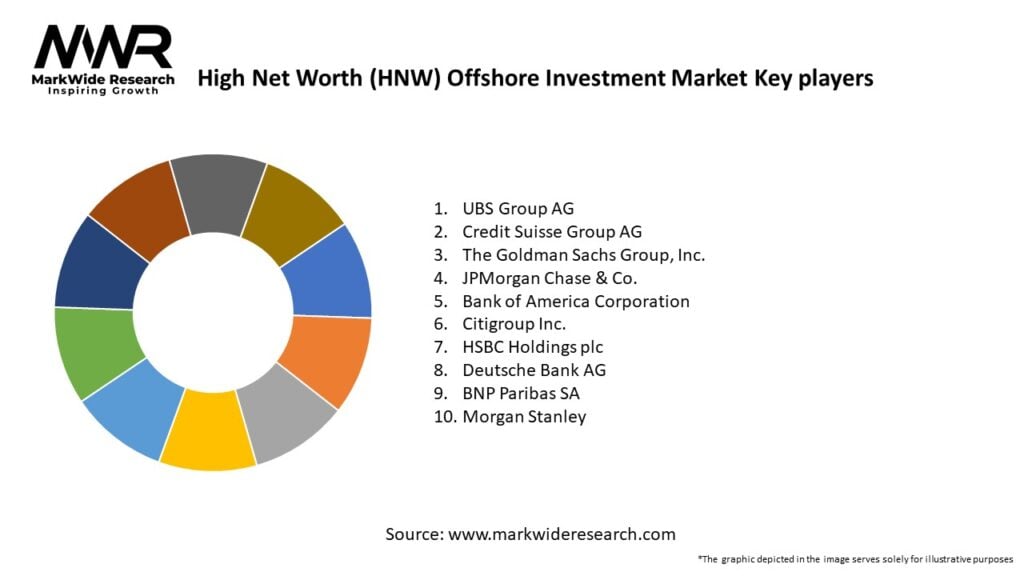The Essential Overview to Offshore Investment: Types and Their Benefits
Offshore investment provides an engaging array of choices, each customized to satisfy certain financial objectives and risk hungers. From the privacy paid for by offshore checking account to the security of realty holdings, the landscape is abundant with opportunities for both property defense and growth. Vehicles such as common funds and offshore trusts provide paths to diversity and strategic estate planning. As the worldwide economic climate continues to advance, comprehending the nuances of these investment types becomes progressively crucial for navigating possible benefits and challenges. What may be one of the most suitable selection for your monetary approach?
Offshore Financial Institution Accounts
Offshore financial institution accounts have ended up being progressively preferred amongst financiers seeking to expand their economic profiles and shield their assets. These accounts are generally developed in territories outside the capitalist's home nation, using numerous advantages that can boost economic protection and personal privacy.
One primary benefit of overseas savings account is possession defense. By positioning funds in a foreign institution, financiers can secure their assets from possible political or financial instability in their home country. Furthermore, overseas banking commonly gives better privacy, enabling people to manage their riches without bring in unwanted attention.
Additionally, offshore savings account might provide beneficial tax benefits, depending on the territory. While it is vital to abide by tax obligation guidelines in one's home country, specific offshore locations give tax obligation motivations to foreign investors, which can lead to raised returns on financial investments.
In addition, these accounts commonly offer access to international monetary markets, enabling capitalists to discover varied investment opportunities that might not be available locally. On the whole, offshore savings account function as a strategic device for possession defense, privacy, and financial growth in an increasingly globalized economy.
Realty Investments
The allure of genuine estate investments remains to grow among individuals looking for to expand their portfolios and safe and secure long-lasting economic gains. Offshore genuine estate provides unique advantages, such as desirable tax regimes, possession defense, and the potential for capital recognition. Investors can take advantage of residential properties in emerging markets or steady economic situations, allowing access to a bigger series of investment chances.
One trick benefit of overseas actual estate is the capacity to guard possessions from domestic financial changes or political instability. Home possession in an international territory can supply a layer of safety and security and personal privacy, typically interesting high-net-worth individuals. Additionally, buying rental residential properties can generate constant income streams, boosting general financial stability.

Common Funds and ETFs
Spending in exchange-traded funds and shared funds (ETFs) provides an available opportunity for people wanting to expand their financial investment portfolios while decreasing threats associated with direct stock purchases. Both financial investment lorries permit investors to merge their resources, enabling them to purchase a more comprehensive variety of properties than they could handle individually.
Mutual funds are usually taken care of by expert fund managers that actively select protections based on the fund's financial investment purpose. Offshore Investment. This administration can boost the potential for returns, though it usually comes with higher charges. On the other hand, ETFs are normally passively taken care of and track a specific index, offering lower expense ratios and better over here openness. They can be traded throughout the day on supply exchanges, adding versatility for capitalists.

Both common funds and ETFs supply tax advantages in an offshore context. Mutual funds and ETFs serve as efficient tools for constructing wide range while navigating the complexities of overseas investment opportunities.
Offshore Trusts
For financiers seeking to additionally enhance their possession security and estate preparation techniques, offshore trusts present a compelling choice. These legal entities enable people to transfer properties to a count on a jurisdiction outside their home nation, giving a series of advantages that can secure wealth and promote smooth succession preparation.
Among the primary benefits of offshore counts on is the degree of discretion they use. By placing possessions in an overseas trust, investors can secure their wealth from public scrutiny, therefore safeguarding their privacy. In addition, offshore counts on can give robust security against possible creditors and legal insurance claims, successfully insulating assets from dangers connected with lawsuits or personal bankruptcy.
Offshore trusts also allow versatile estate preparation alternatives. Capitalists can mark specific beneficiaries and outline the terms of asset distribution, making sure that their desires are recognized after their death. This can be specifically beneficial for individuals with complex family characteristics or those a fantastic read desiring to attend to future generations.
Furthermore, numerous overseas jurisdictions have established favorable lawful structures created to sustain the establishment and management of trusts, making them an attractive selection for critical financiers. In general, offshore trust funds act as a calculated tool for he said those looking to boost their economic tradition while mitigating possible risks.
Tax Obligation Benefits and Factors To Consider
While many investors are attracted to offshore trust funds largely for property protection and estate planning, substantial tax advantages and factors to consider additionally warrant attention. Offshore financial investment vehicles can provide desirable tax obligation regimens, which might lead to reduced tax obligation liabilities compared to onshore alternatives. Several jurisdictions offer tax motivations such as tax obligation deferments, lower resources gains prices, or also complete tax exceptions on certain kinds of revenue.
Nonetheless, it is important to navigate the facility landscape of international tax obligation laws. The Foreign Account Tax Conformity Act (FATCA) and other regulations need united state locals and people to report foreign possessions, possibly leading to charges for non-compliance. In addition, the Irs (INTERNAL REVENUE SERVICE) may impose tax obligations on overseas income, negating some benefits otherwise effectively managed

Final Thought
In final thought, offshore financial investment choices present diverse possibilities for possession estate, diversity, and defense preparation. Offshore savings account boost privacy, while property financial investments supply stability versus residential unpredictabilities. Shared funds and ETFs help with professional administration and danger mitigation, and offshore trusts supply privacy in estate planning. Understanding the one-of-a-kind advantages of each choice is essential for optimizing economic growth and successfully managing tax liabilities in a significantly interconnected worldwide economic climate.
Offshore genuine estate offers special benefits, such as beneficial tax obligation programs, possession defense, and the potential for capital recognition.While numerous financiers are attracted to overseas trusts largely for asset protection and estate planning, significant tax advantages and considerations also merit focus. Offshore financial investment vehicles can provide positive tax routines, which might result in reduced tax obligation liabilities contrasted to onshore alternatives.Investors should also take into consideration the influence of neighborhood tax obligation regulations in the overseas jurisdiction, as these can vary substantially. Ultimately, while overseas investments can produce considerable tax advantages, extensive due diligence and tactical planning are paramount to maximize their possibility.